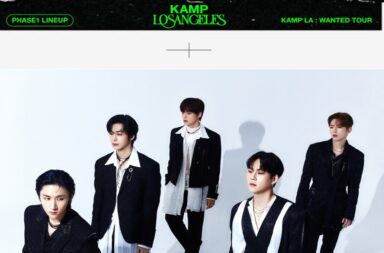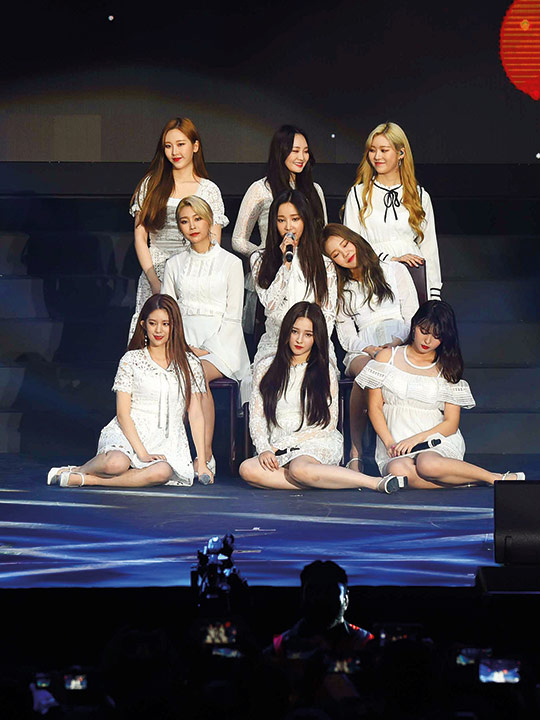
K-pop concerts being held in Middle-Eastern countries is not new news. After Infinite‘s 2013 concert in Dubai, there have been countless artists who have performed in the region: there was SMTown and Momoland‘s concert in Dubai, as well as KCON in Abu Dhabi, amongst a few others.
What is new are K-pop concerts in the specific country of Saudi Arabia. They’re a novelty; July welcomed the first ever K-pop concert by Super Junior, with a feature from the members of Stray Kids. BTS, too, is set to perform in the country in October. It could be safe to assume that there would be more K-pop concerts to come in the future.
An immediate reaction to such news would not be of disappointment. Instead, many K-pop fans are likely to be excited, and it’s understandable. K-pop’s influence has only been growing, and more concerts in more countries allows a larger number of fans to connect with the genre personally.
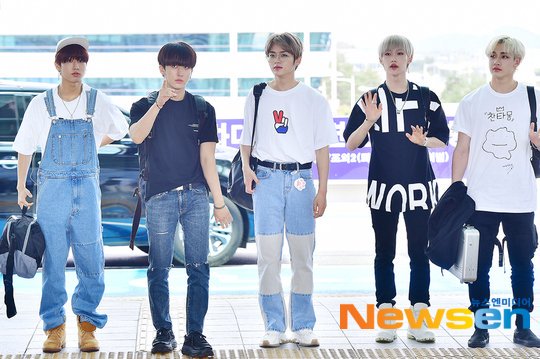
International economies are bound to rejoice, as well. A K-pop concert brings with it an influx of domestic and international travellers. Just the influence of K-pop overseas brings economic benefits to both South Korea and the importing country. When K-pop concerts are held in fans’ home countries (or nearby), there is immense revenue that’s brought to their local economies.
Not only do fans pay for various taxations (entertainment tax, governmental tax, merchandise sale tax, and others) via their tickets, there are many indirect contributions to the economy. Fans patronise local businesses, support Korean restaurants, boost public transportation revenue and in the case of popular acts, sell out hotels.
And it’s a win-win situation, overall, because both the artist and South Korea gain from overseas K-pop concerts too. The profits that K-pop concerts bring to overseas economies is paired with the revenue that’s brought back to the idols’ home country. Money in the form of entertainment tourism, consumerism of Korean technology and cosmetics, purchase of merchandise, and consumption of Korea-produced food items flows back into the South Korean economy.
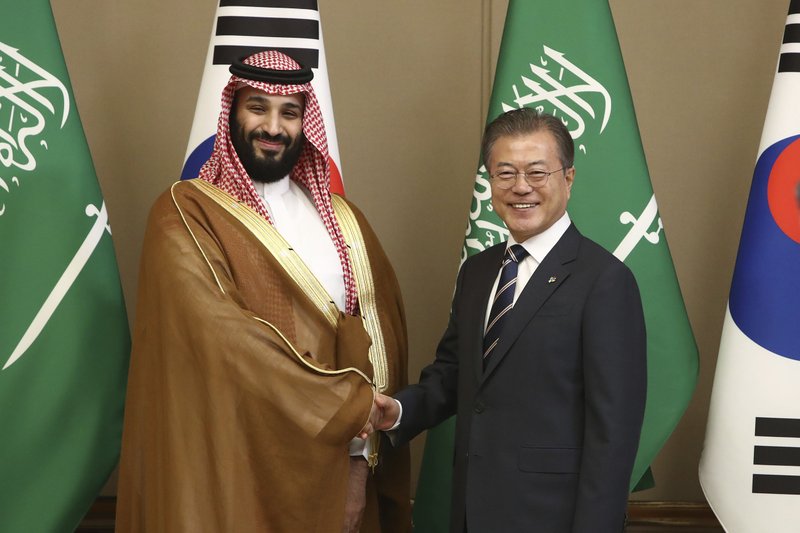
With Saudi Arabia, both countries are inexplicably set to gain with an increase of K-pop concerts, especially as a bilateral agreement between South Korea and Saudi Arabia has set sail. The dyadic relationship teases increased technological capabilities for South Korea, along with jobs creation for Saudi Arabia. Additionally, K-pop establishes a personal connection with Saudi-Arabian fans and increases consumption of Korean products.
All in all, there are only benefits to be seen. Why, then, do K-pop concerts in Saudi Arabia deserve a closer look?
Cultural and economic factors aside, it has been well-established that K-pop was, and continues to be, a soft econo-political tool for South Korea. There have been multiple instances where transnational politics have affected K-pop and its reach: following a 2012 flare of the Dokdo/Takeshima islands conflict (and a dropping yen), SM Entertainment found itself experiencing a 70% drop in profits in 2013 in Japan. In what would seem like unrelated aspects, the establishment of the Terminal High Altitude Area Defense (THAAD) missile system by the U.S. in South Korea caused China to ban Hallyu products in the country.
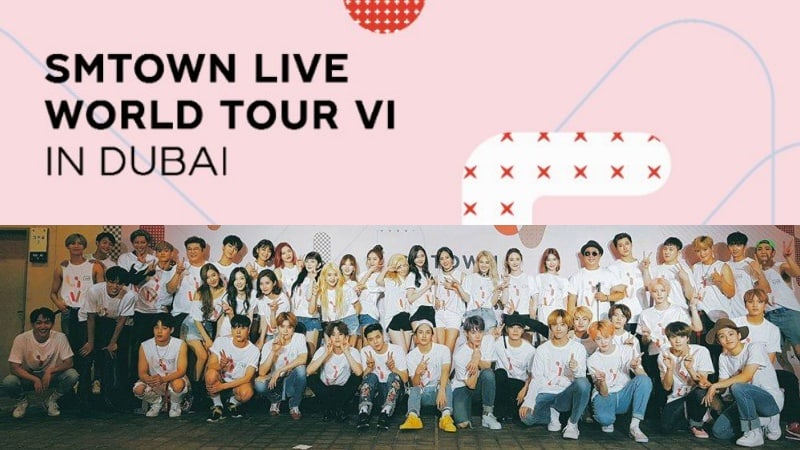
All this is to say that K-pop creates a symbiotic relationship between two countries that is deeper than one would think.
The Saudi Arabian monarchy is known to use concerts with a specific political purpose. It’s known that the monarchy capitalises on shows and concerts to cast itself in a favourable light by tapping into the excitement and hype that pop concerts bring to a country; not only does it appease superficial levels of unrest within the country, it also gives off a progressive and modern international image. Just as news of celebrities takes attention off more other, more serious news, the usage of concerts and shows is used to gloss over deeper issues.
It was only recently that Nicki Minaj cancelled her appearance in a Saudi Arabian concert, citing her support for the LGBT community and women rights being a conflict to the regime that Saudi Arabia runs.
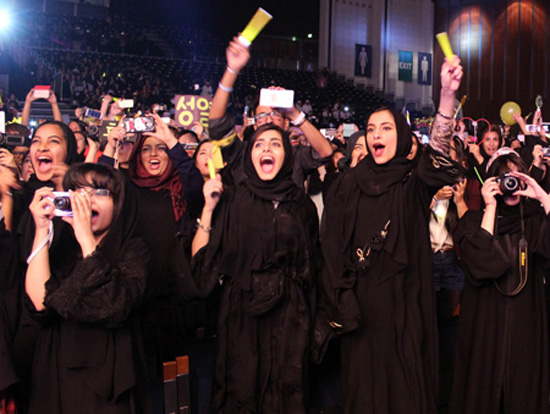
A common argument is the idea that every country has its own political issues, and following that logic, concerts — let alone K-pop concerts — should be banned in any international country. There are multiple countries that are unsupportive of the LGBT community, and there are yet others that continue to disadvantage women, yet K-pop concerts continue to be held there. Why should a regime like Saudi Arabia be excluded from the same narrative?
If you’re asking that question, then the effect of Saudi Arabia’s false advertising is working. Here’s what remains hidden with precise efficiency and accuracy: people are unable to speak up. Unlike most countries, where activism is tolerated, if not allowed, Saudi Arabia keeps it quiet by eliminating any dissenting voices, loud or soft.
Other than the case of Jamal Khashoggi, women activists are not just actively shunned or jailed, they are tortured – electrocuted, whipped, caned, water-boarded, raped, and/or killed. Criticisms of the Crown Prince can lead to executions (executions have doubled ever since the Crown Prince took the crown). Saudi Arabia has abducted, repatriated, and sometimes killed citizens it regards as enemies of the state.
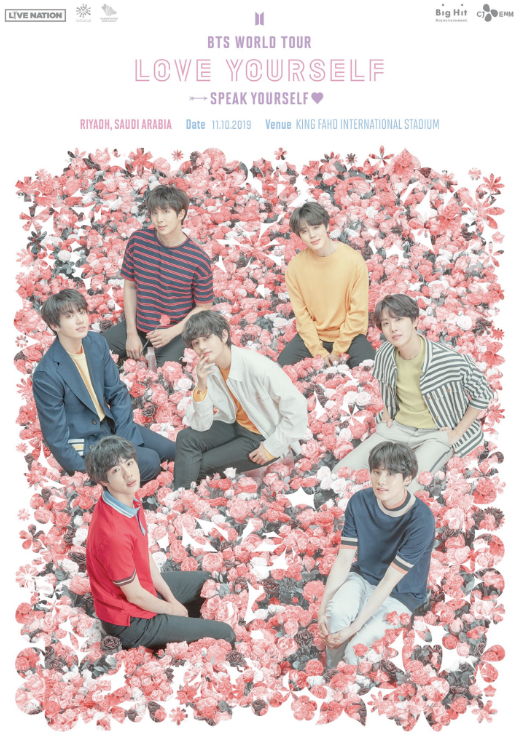
K-pop concerts are not only supporting the Saudi Arabian economy, they are directly playing into the narrative Saudi Arabia is successfully trying to convey. With the widening of the entertainment landscape though, the vocal space for any political dissent has practically diminished. This is why K-pop’s effect runs deeper than a fan may be able to see.
On the flip side, though, is the responsibility for political correctness on any one band? Or even any one entertainment company? Is it on fans to boycott seeing their favourite artists? When Saudi Arabia can offer cheap oil and space for technological innovation to countries like South Korea, is K-pop even in the driver’s seat to make a difference on Saudi Arabia’s political landscape?
Even as K-pop works as a blunt political spear behind the scenes, how deep can it pierce into an international economy? I guess an ideal solution would be a collective effort to disengage from socially-wrong international political landscapes by the government, entertainment companies, and artists, but I’m well aware that that is a fever dream.
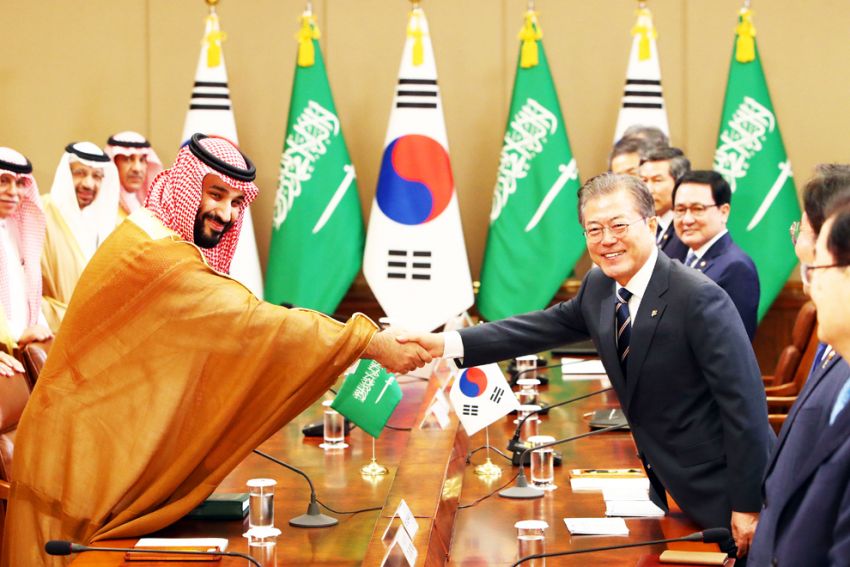
The matter of South Korea-Saudi Arabia is much bigger than K-pop; however, K-pop may be a small step in their relations, but it’s an inexplicably essential and crucial step to advance both South Korea and Saudi Arabia. The question is, should it?
(Arab News, Gulf News, SMU Economics, Esquire, International Journal of Communication, LUND University Center for East and South-East Asian Studies, Lowy Institute, Japan Today, Japan Times, Korean Economic Institute of America, DW, Washington Blade, Haaretz: [1] [2], Vanity Fair, The National. Images via: Gulf News, Newsen, AP News, SM Entertainment, Korea Times, Big Hit Entertainment, Phnom Penh Post.)
